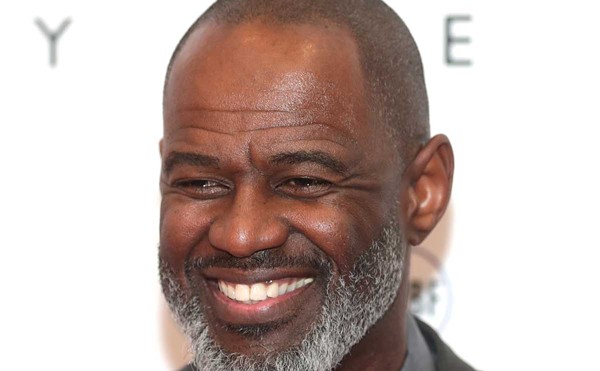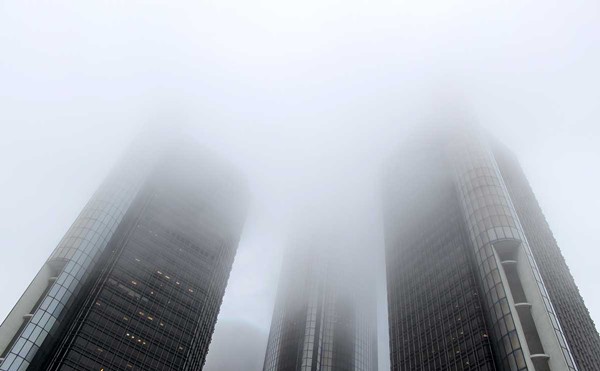The American press loves natural disasters. Late last month, after a powerful earthquake rocked parts of Asia and sent tsunamis roaring, the waters had scarcely receded before swarms of American journalists hit the shores. When a cataclysm strikes, the full arsenal of the multibillion-dollar wire services and media syndicates is mustered. Ambitious reporters besiege remote backwaters; designers draw up detailed maps and charts; researchers feverishly tote up body counts and present them like pinball machine scores, while satellites hum with images of devastation and grief.
These spasms of coverage are larded with lurid imagery, becoming, for a brief time, the exclusive focus of national attention. The American propensity for imagining disaster overwhelms all in its path.
And if those bone-chilling accounts and six-figure numbers fail to arouse sympathy, the media will turn poetic. For instance, NPR turned to Pulitzer Prize-winning author Annie Dillard to admonish us not to forget the “supreme importance of each individual.”
And, in case you weren’t buffeted enough by gusts of morbid awe, there are cyclones of rhetoric whenever a U.S. official touches down. In early January, outgoing Secretary of State Colin Powell reflected on the disasters he’d seen in his lifetime and declared this the worst. After a helicopter tour of Sumatra, he said, “I cannot begin to imagine the horror that went through the families and all of the people who heard this noise and then had their lives snuffed out by this wave.”
One wonders why Powell never flexed his imagination to consider other innocents who were killed during his tenure — by American bombing — or to envision the final terrifying seconds when whole families heard the roar of a Warthog attack plane, the whine of an Apache helicopter or a volley of American-made bombs whistling through the air before their lives were “snuffed out.”
Where were these grieving commentators, now so eager to point out the “supreme importance of each individual,” while as many as 500,000 Iraqi children perished as a result of U.S. sanctions through the 1990s? Where was the delicate and sensitive American press corps throughout the invasion of Iraq when whole families were immolated in their homes by high explosives? Where have these ambitious reporters been as civilian death continues apace in Iraq under the euphemism of “collateral damage”?
This brings the American press into focus. When Mother Nature is the culprit, the press leaps into action with a clean conscience. When the culprit is American power, journalists beg off and take down the talking points from the Pentagon or the State Department. If death and devastation were the sole criteria for sensational coverage, the civilian body count and wanton destruction in Iraq would have been covered in depth and detail long ago.
To Powell — and to American reporters, editors and commentators — earthquakes, tsunamis and flash floods unleash “senseless” death, capable of killing more than 100,000 people for no good reason at all, where, at least in Iraq, the toll taken on innocent civilians (by some estimates more than 100,000) is backed by the purpose of statecraft.
And that’s why the panjandrums of the press love a good disaster story: It is the perfect opportunity to comfort the afflicted without having to bother about afflicting the comfortable.
Michael Jackman is copy editor for Metro Times. Send comments to [email protected]




